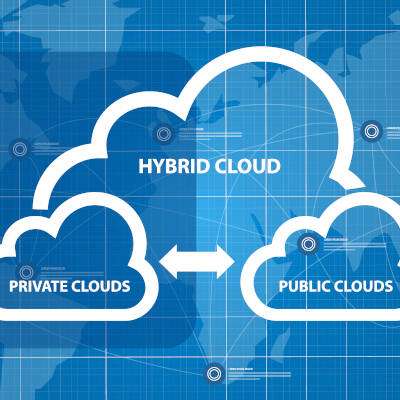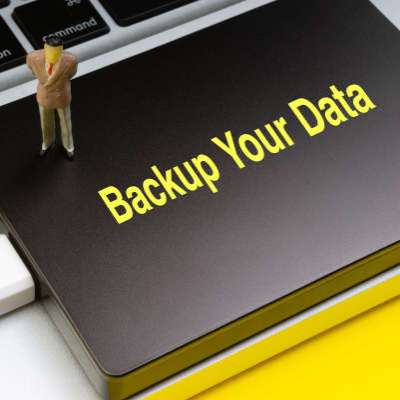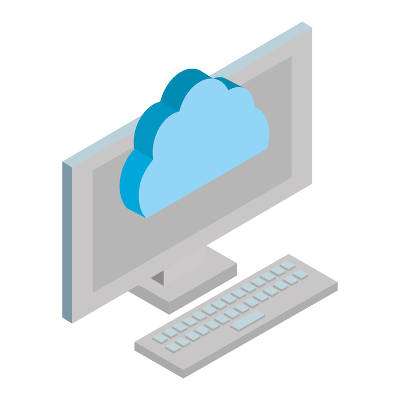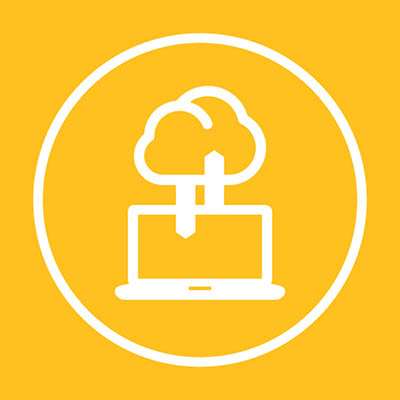Macro Systems Blog
Regardless of stay-at-home orders and social distancing guidelines currently making the workday that we are used to impossible to sustain, many businesses have found that cloud services have helped them to adjust. Listed below is a run-down of what cloud services are available right now, and how exactly they can help many businesses operate.
March 31st is World Backup Day, which makes it the ideal opportunity to share the benefits of having a comprehensive backup plan. Alas, the current COVID-19 pandemic and the resultant business interruptions make World Backup Day only too timely this year. Below we'll examine how these tough times make a business continuity strategy and data backup all the more critical to have.
All kinds of companies utilize cloud resources as a part of their IT infrastructure. It allows them to turn what was once a major capital expenditure into a controllable operating cost; and, it does it while offering solutions to almost any business problem. The one drawback that most IT professionals agree on is how to gain enough control over a cloud platform to ensure that the platform is secure.
Small Businesses don’t always have the financial resources (or the need) to purchase a server. Lots of small organizations will have a few workstations connected together via a wired or wireless Local Area Network (LAN), but when your business gets to a point where it needs more effective means of collaboration, running that LAN through a server can result in quite a few benefits. Below is a look at why a server-based LAN is an improvement and what your company’s server options are.
As imperative as it is to keep your technology up-to-date, it can also be prohibitively costly to do so throughout your entire organization. If you have found yourself in this position, one option to consider is to resort to hosted desktop solutions. Listed below is a review of what a hosted desktop is, and how it can serve companies well.
Microsoft is arguably best known for its operating system and productivity software, but these days one part of its organization is growing faster than any other: its Azure cloud platform. Below is a look at the Azure cloud, some features that businesses use it for, and how it can fit into your IT strategy.
Databases are especially convenient for allowing access to critical data, but they, by default, expose data to risks depending on how they are stored. For example: if a database is stored in the cloud it could potentially be vulnerable to threats that put the future of your organization in jeopardy. Compared to the public cloud, a private cloud database can give you more opportunities for security, flexibility, and customization.
Virtualization has offered opportunities for companies who want to make their operations more flexible, but your organization can’t simply implement it without a plan. Your organization needs to have specific requirements in mind for its cloud hardware. Macro Systems can help you make the best decision possible regarding the adoption of virtualization for your organization's needs.
The cloud has helped many organizations push beyond their limits, but is yours taking advantage of it? Depending on the needs of your specific company, the cloud can aid your business in ways you could never dream of just 20 years ago. Listed below are some of the best ways the cloud can benefit your business.
Were you one the 55.3 percent of employees who took their work devices on the road during this holiday season? Odds are that if you have employees who find it difficult to complete their duties in the office, they’ll take it home with them over the holidays to ensure they don’t fall behind. However, they could potentially be exposing critical data to risk by doing this.
Modern businesses utilize so many solutions that it can be challenging just to keep them all in line, let alone managing and maintaining them. Naturally, the most difficult part of utilizing so much technology is affording it. While you could invest in software licenses for each and every one of your users’ systems, there is an alternative that you should definitely contemplate.
No matter how big a company is, it has to leverage at least some IT in order to be productive. Alas, some businesses are resistant to implement new technology if they don’t think they need it immediately. What these organizations don’t know is that the reason they usually don’t implement new solutions (saving money) is in direct conflict with what the solutions are designed to do in the first place.
Evernote is a note-taking app used to keep notes organized in a better way than a traditional notebook. With new features that provide plenty of functionality, Evernote might just be the note-taking solution you’ve been looking for all these years. One of the best new features is the Evernote templates.
As the cloud is being used by more people and businesses to meet their computing requirements, more critical data is hosted outside of local computer networks. As a result, individuals use cloud storage for their backup and recovery strategies. In fact, it has become the primary use of cloud-hosted platforms, but just how does backup and recovery from these collaborative cloud-based platforms work?
The hunt for the best technology for your organization sometimes becomes problematic because you either don’t have the required capital or operational leeway to combine the latest and greatest solutions. For the business that needs an upgrade but isn't sure what the next move is, consulting with an IT professional like Macro Systems is a great option.
If you are under the impression that working with the cloud doesn’t have risks, than you need to reconsider that line of thought. It’s inevitable that you’ll face security compliance concerns when it comes to your cloud-based data. If your business has data stored in a cloud-based environment, you need to pay particularly close attention to how compliance laws affect the way that you access and store this information. How can your organization ensure that your cloud-based data isn’t in violation of some cloud compliance laws?























